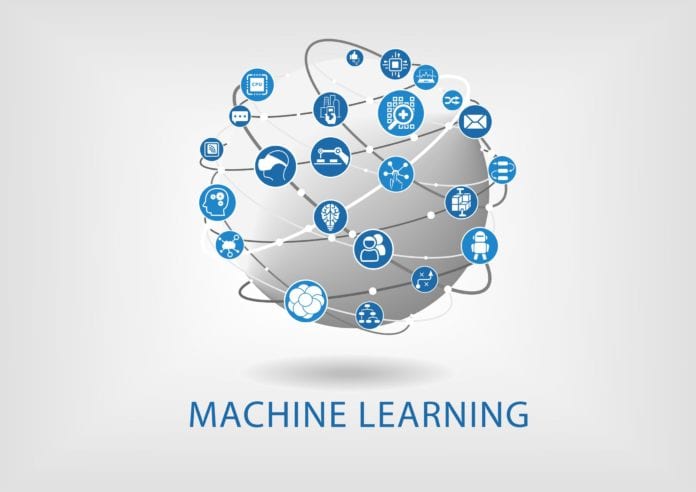Offers free SageMaker Studio Lab access, pledges scholarship funds to promote diversity and inclusion
Amazon Web Services (AWS) this week announced a public preview of SageMaker Studio Lab. AWS also announced the Artificial Intelligence & Machine Learning Scholarship. The new US $10 million program will prepare underrepresented and underserved students globally for careers in Machine Learning. The announcements came during this week’s AWS re:Invent event.
AWS hopes SageMaker Studio Lab will attract developers, academics and data scientists to learn and experiment with Machine Learning (ML).
“Using Amazon SageMaker Studio Lab customers will be able to focus on experimenting with the data science aspect of machine learning, without having to set up, or configure any infrastructure,” said AWS.
SageMaker Studio Lab is based on the open-source web app JupyterLab. JupyterLab is a web-based interactive development environment for notebooks, code and data.
“…customers have a completely open environment that enables them to leverage any framework, such as Pytorch, TensorFlow, MxNet, or Hugging Face and libraries such as SciKitLearn, NumPy and Pandas. Studio Lab has auto-save capabilities that will automatically save the customers’ user sessions, so they can pick up where they left off on their next user session. Other benefits of SageMaker Studio Lab is its integration to Github enabling customers to open, view, edit and run any notebook, as well as integration to Git, an open source distributed version control system,” said AWS.
Leveling the job market
AWS noted a need for better diversity and representation in the fields of artificial intelligence and machine learning. To that end, the company has created a $10 million scholarship and educational program. AWS wants to help provide underserved and underrepresented students with an opportunity to learn and enter this growing job market. AWS is also working with Intel and Udacity to provide students from around the world with free training and tutorials.
“In addition to no-cost access to dozens of hours of free machine learning model training and educational materials, 2,000 qualifying students from underrepresented and underserved communities will win a scholarship for the AI Programming with Python Udacity Nanodegree program, designed to give scholarship recipients the programming tools and techniques fundamental to machine learning. Graduates from the first Nanodegree program will be invited to take a technical assessment. Five hundred students who receive the highest scores in this assessment will earn a second Udacity Nanodegree program scholarship on deep learning and machine learning engineering to help further prepare them for a career in artificial intelligence and machine learning. These top 500 students will also have access to mentorship opportunities from tenured Amazon and Intel technology experts for career insights and advice,” said the company.
Growing need for ML expertise
ML and Artificial Intelligence (AI) are rapidly expanding markets, according to market research from Million Insights. The firm predicts a global market valued at US$96.7 billion through 2025. Along with a compound annual growth rate of 43.8% predicted through 2025.
More help is needed in ML and AI, especially in telecom. ML and AI are both crucial for operators now and in the future. RAN disaggregation, network function virtualization and cloud native network functions strategies hinge on ML and AI automation.
ML solutions are in development at Vodafone, which partnered with Nokia over the summer to use ML to detect and correct anomalies before they impact customers. Vodafone said the ML tech will help reduce congestion, interference, unexpected latency. It will also reduce the difficulty in handing calls between different cells or call setup failures. Vodafone expects it to automatically detect and address 80% of all anomalous mobile network issues and capacity demands.
AT&T and Ericsson created and delivered a live, three-dimensional augmented reality music performance using 5G, edge computing and ML. Artist Axel Mansoor, from NBC’s Songland, performed virtually for 20 fans. The companies said it was a significant step towards holographic communications technology powered by 5G.

